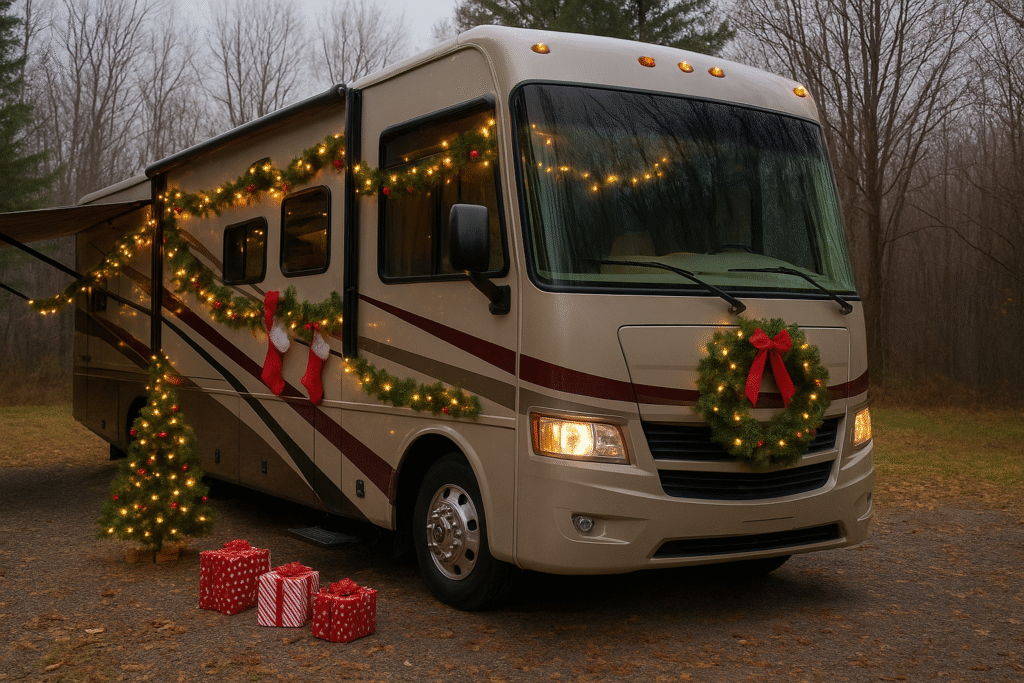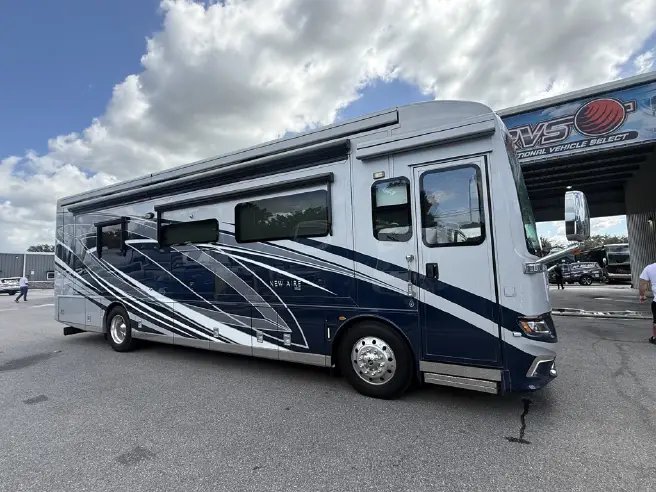A cassette toilet looks just like any other RV toilet, except that it is mounted on a bench seat and has its own removable waste tank – it’s not connected to a black water tank. The waste tank is accessible from the outside of an RV and is often on wheels.
Let’s take a look at some of the pros and cons of cassette toilets!
Pros
- They are great for all types of RVs – For rigs that lack space and undercarriage water and waste tanks, cassette toilets are a great option, but even owners of larger RVs can opt for cassette toilets.
- They flush – A cassette toilet has its own freshwater flushing tank and can be plumped into your RVs water lines. Or, you can fill the tanks with grey water, lake water, or fresh water to aid in flushing.
- They are perfect for short trips – The average size of a cassette toilet’s waste tank is approximately five gallons, which isn’t a lot, but is just the right size when you’re taking short trips that last a few days.
- They can be vented – Just like a built-in RV toilet, cassette toilets can have venting installed to help reduce any unpleasant smells.
- More dumping options – A cassette toilet can be dumped into a regular toilet for disposal, rather than needing to be dumped at a dump station like a black water tank. Dump stations can be difficult to find, especially in remote areas, so a cassette toilet is a great option if you like to boondock.
Cons
- It can be smelly to deal with – The waste tank must be dumped by hand and that can be a smelly task. However, some people use their cassette toilets for urine only and use a campground bathroom facility for solid waste. Not mixing liquid and solid wastes can help reduce the smell. Plus, chemical additives can be used in cassette toilets to combat aromas as well.
- They may require more frequent dumping during longer trips – Dumping the waste tank more frequently on longer trips may be required, which could be a hassle. In general, you should plan to dump the tank every four to five days, depending on how many people are using the toilet each day.
- The waste tank can be heavy – When full, a waste tank can weight close to 50 pounds, and it may be difficult to lift out of its bay for dumping and cleaning. This could be especially concerning for those with back or shoulder problems.
Cassette toilets offer many advantages for a variety of RV enthusiasts, but for others, these toilets may not be the best option. If you’re trying to figure out which type of RV toilet is best for you, consider your camping style, the length of trips you take, and what cons about the system are dealbreakers for you.
Have you used a cassette toilet before? Would you recommend them or not? Let us know in the comments or contact us today!




